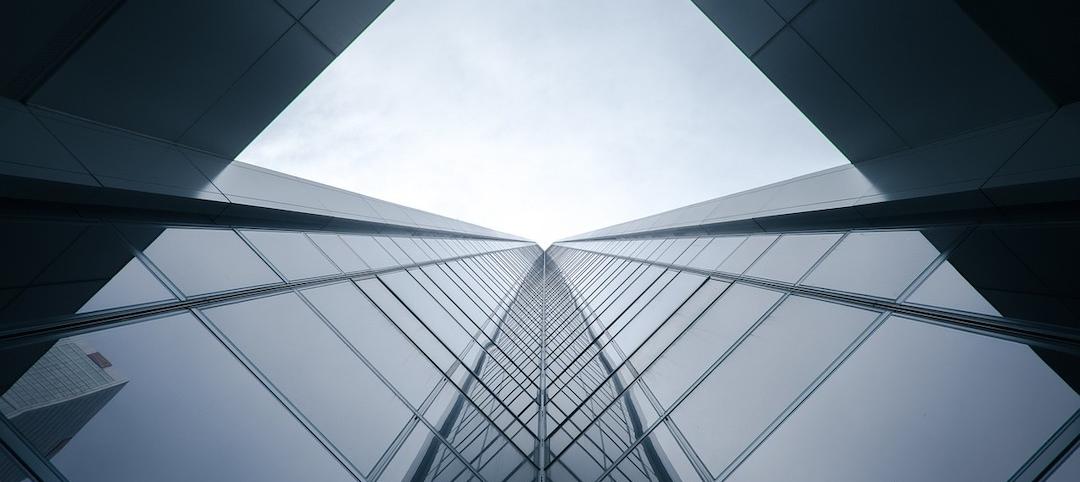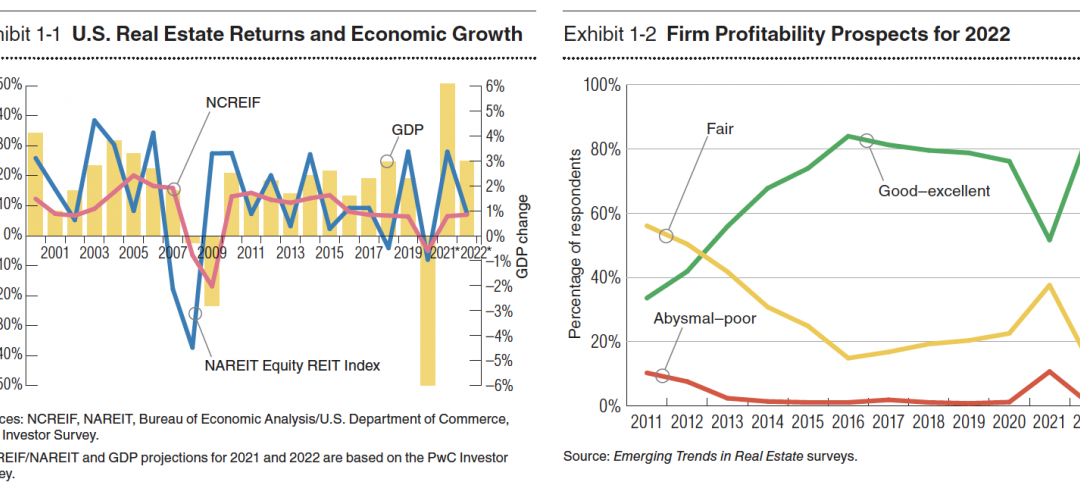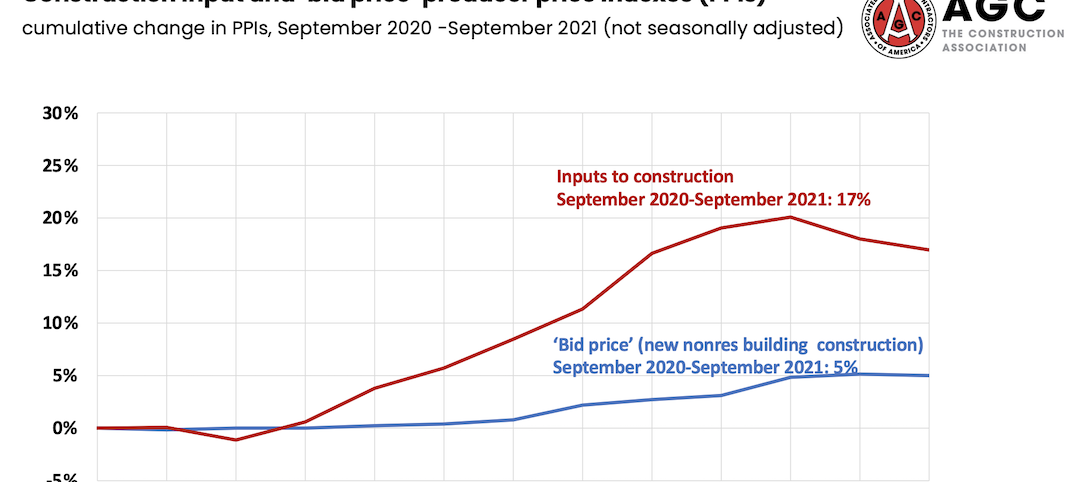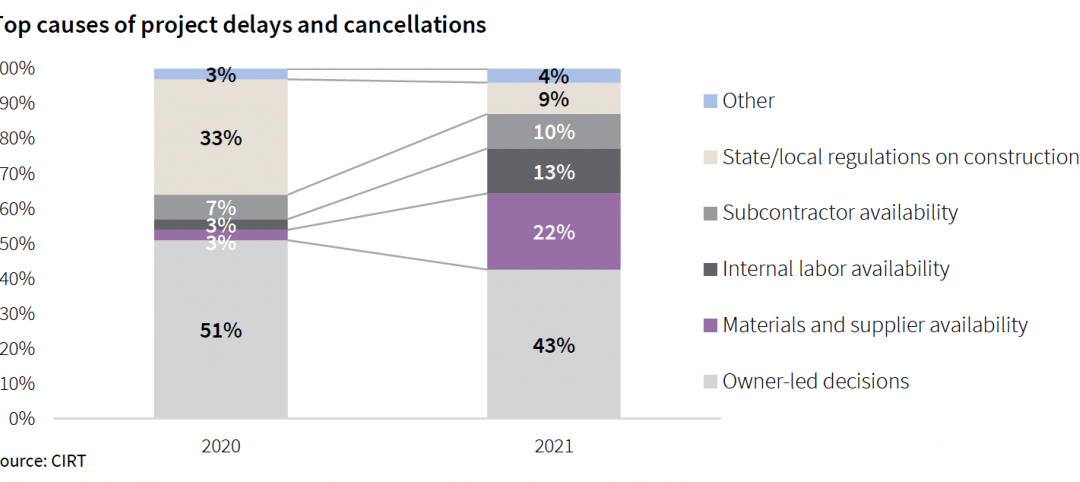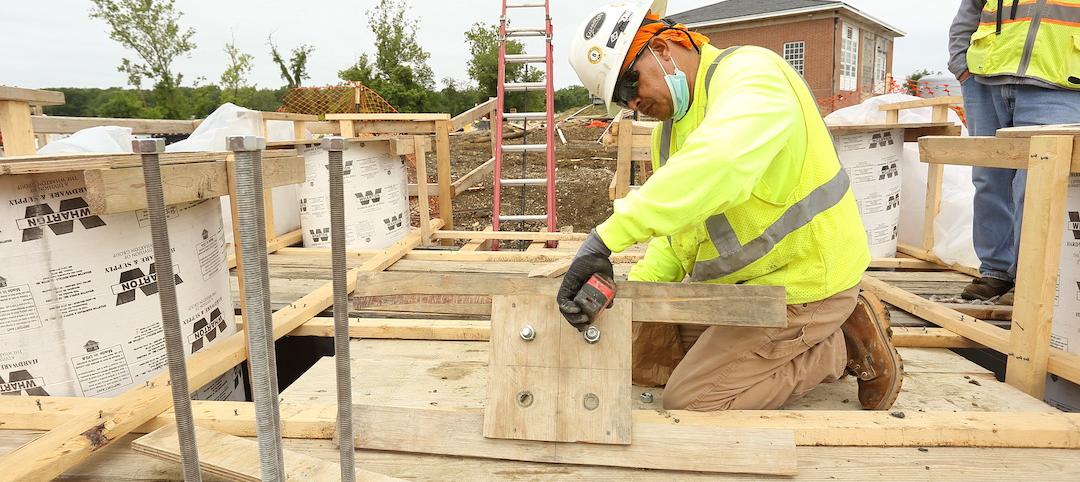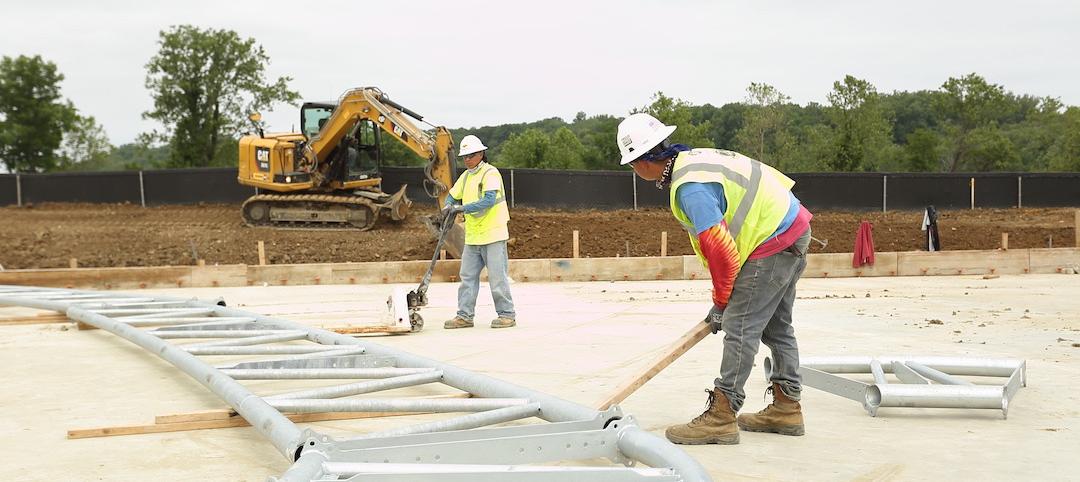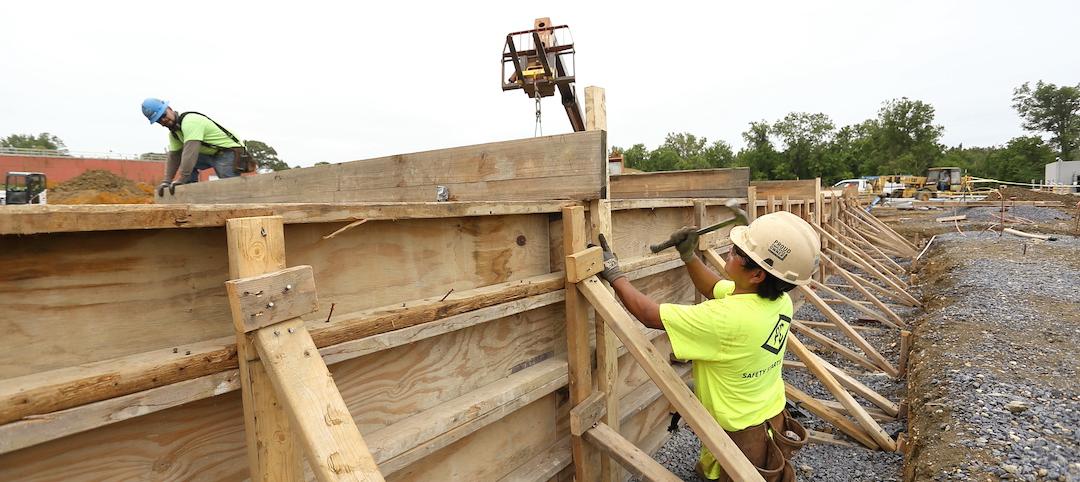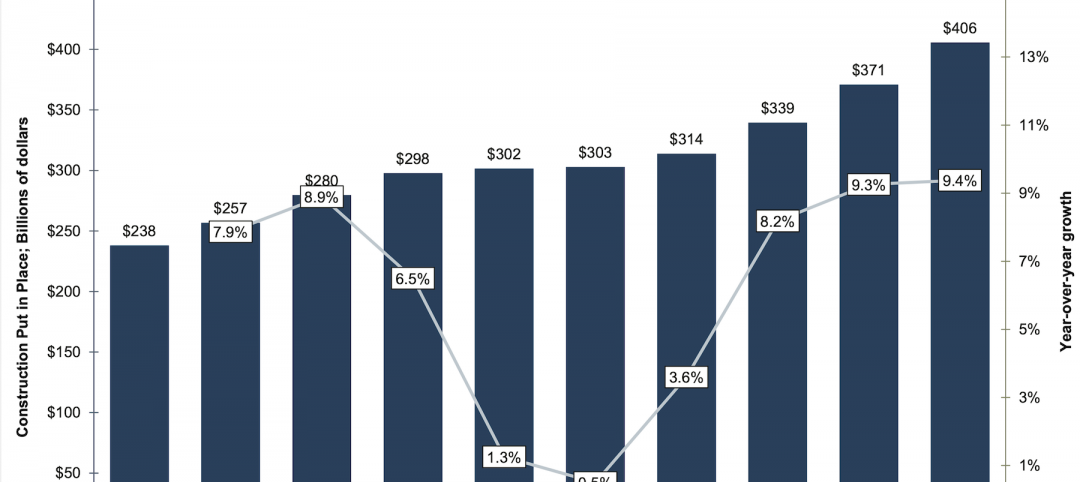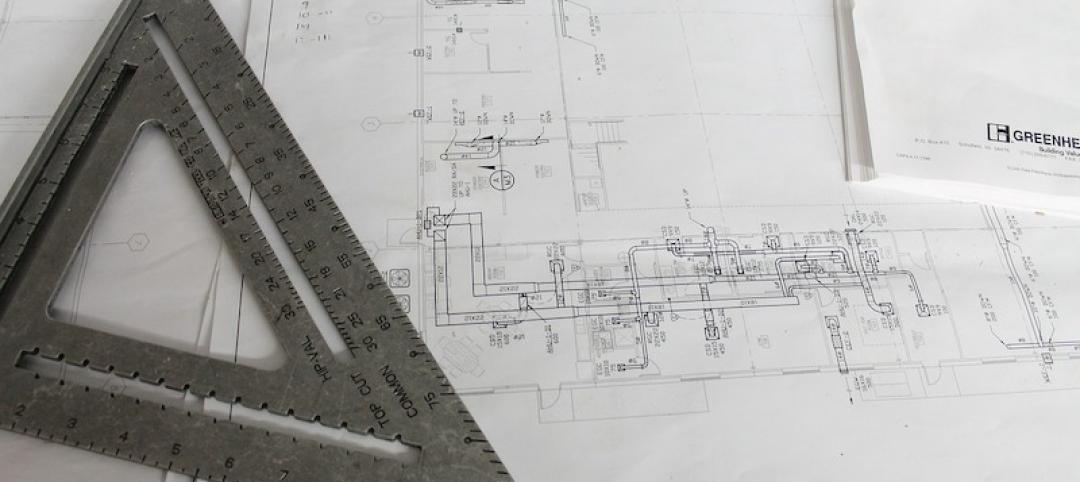Commercial construction spending in the second quarter of 2017 increased 13% from the same period last year and office construction rose 11%, according to the latest Marcum Commercial Construction Index. However, these bright spots contrast with a decline of 3.1% in overall nonresidential construction spending in June year-over-year and a monthly drop of 2.0% from May 2017. The index is produced by the Construction Services Group of Marcum LLP, a national accounting and advisory firm.
Anirban Basu, the report’s author, attributes the relative strength of the commercial and office subsectors to the ecommerce boom. He also notes that June spending in communication construction increased 4.9% year-over-year and 2.8% from May 2017. The only other subsector to record a gain was health care, with a 2.8% annualized improvement, although monthly results in the sector declined 0.2% in June.
“With interest rates remaining near rock-bottom levels, investors have been chased up the risk spectrum, including into commercial real estate. That has helped to raise property values and prompt new construction. These dynamics have also helped lift industry backlog and supported reasonably solid profit margins,” Mr. Basu wrote.
Spending in all 12 of the remaining nonresidential construction subsectors retreated on both an annualized and monthly basis. The largest declines came in public sector spending, including conservation and development (-20.6% and -7.3%, respectively), sewage and waste disposal (-16.8% and -2.4%), and water supply (-16.4% and -3.7%).
“The infrastructure boom we have been waiting for has not arrived as of yet. Business attitudes and the business environment and confidence remain high for the moment. Backlogs in the private sector are healthy. Investment is robust. It’s my hope that we can turn some of this momentum towards infrastructure, sooner rather than later,” said Joseph Natarelli, national leader of Marcum’s Construction Services Group and an office managing partner in New Haven, Connecticut.
Current economic trends in the construction industry will be discussed in depth at the upcoming annual Marcum Construction Summits in Ft. Lauderdale, Fla., on September 7; New Haven, Conn., on September 27; and New York City on October 23.
For the complete Marcum Commercial Construction Index, visit www.marcumllp.com.
Related Stories
Market Data | Oct 19, 2021
Demand for design services continues to increase
The Architecture Billings Index (ABI) score for September was 56.6.
Market Data | Oct 14, 2021
Climate-related risk could be a major headwind for real estate investment
A new trends report from PwC and ULI picks Nashville as the top metro for CRE prospects.
Market Data | Oct 14, 2021
Prices for construction materials continue to outstrip bid prices over 12 months
Construction officials renew push for immediate removal of tariffs on key construction materials.
Market Data | Oct 11, 2021
No decline in construction costs in sight
Construction cost gains are occurring at a time when nonresidential construction spending was down by 9.5 percent for the 12 months through July 2021.
Market Data | Oct 11, 2021
Nonresidential construction sector posts first job gain since March
Has yet to hit pre-pandemic levels amid supply chain disruptions and delays.
Market Data | Oct 4, 2021
Construction spending stalls between July and August
A decrease in nonresidential projects negates ongoing growth in residential work.
Market Data | Oct 1, 2021
Nonresidential construction spending dips in August
Spending declined on a monthly basis in 10 of the 16 nonresidential subcategories.
Market Data | Sep 29, 2021
One-third of metro areas lost construction jobs between August 2020 and 2021
Lawrence-Methuen Town-Salem, Mass. and San Diego-Carlsbad, Calif. top lists of metros with year-over-year employment increases.
Market Data | Sep 28, 2021
Design-Build projects should continue to take bigger shares of construction spending pie over next five years
FMI’s new study finds collaboration and creativity are major reasons why owners and AEC firms prefer this delivery method.
Market Data | Sep 22, 2021
Architecture billings continue to increase
The ABI score for August was 55.6, up from July’s score of 54.6.


